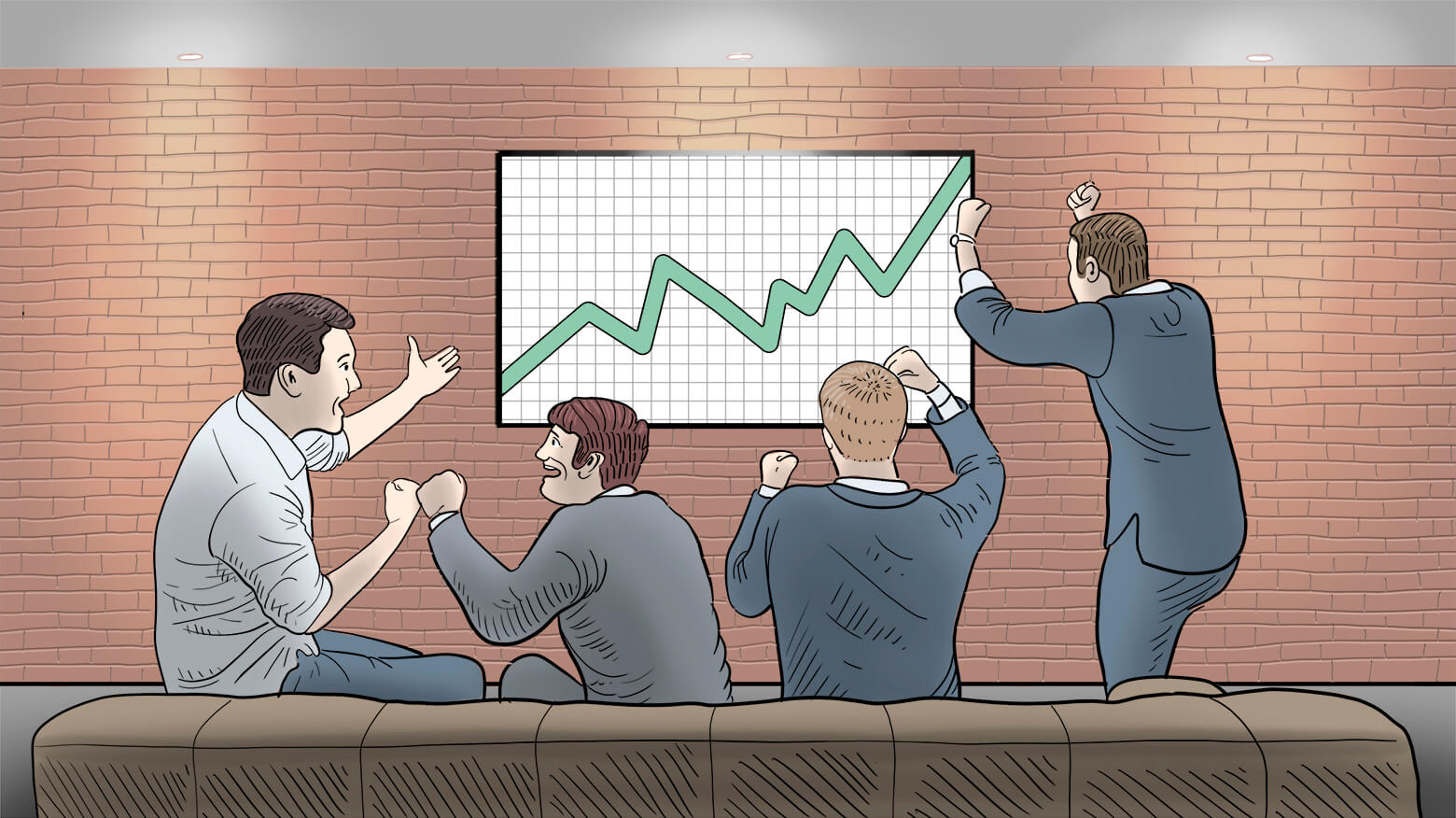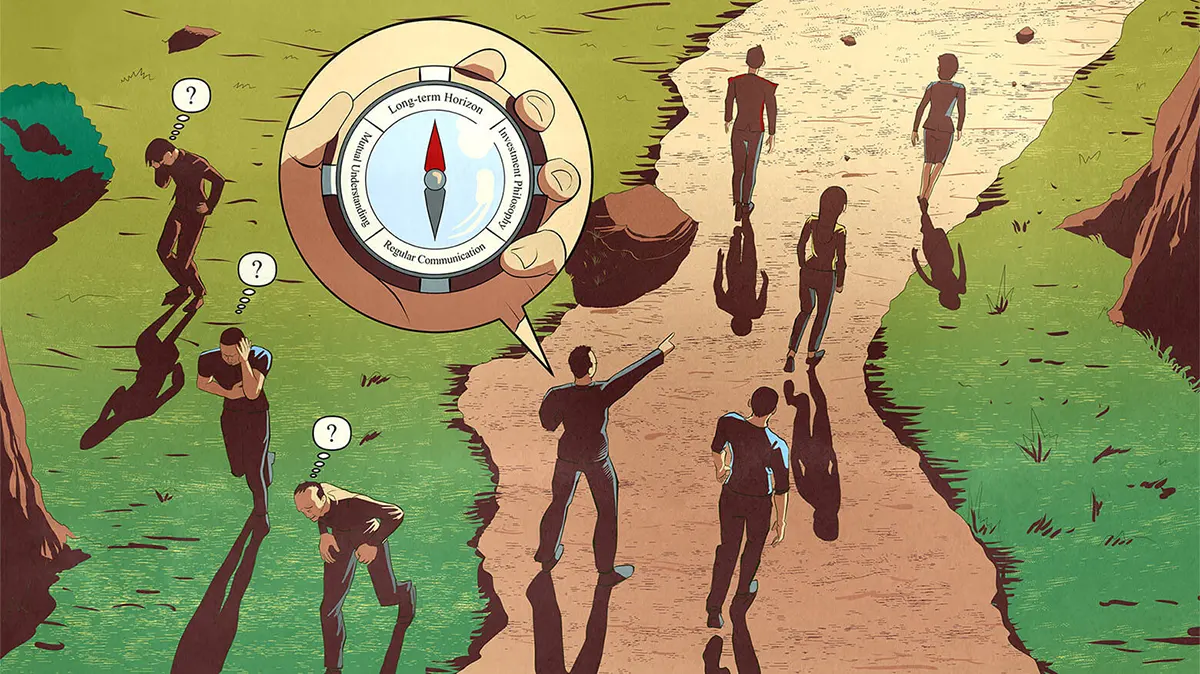The stock market is not your friend. Instead, the market awakens a dangerous emotion — fear. Often we are too fearful to invest in stocks, or, having taken the plunge, we become convinced that we are invincible, that our risk tolerance is limitless.
Fear is not your friend, either. Being a successful investor requires emotional balance. Here are some suggestions on how to create it:
1. Don’t constantly check your portfolio: Next time you notice the price of a stock you own move up or down, think about the factors that may be influencing that move. Stock prices change every day, but that doesn’t mean the long-term value of the company has changed. Prices can move for many reasons, because the stocks are held by different people with different time horizons.
2. Ignore the media messengers: Business television in particular encourages you to think about the stock market as a game. If you play along, you’re at risk of nullifying all the research you’ve done as your time horizon dwindles from years to minutes.
Television also holds the danger of stripping from you the humility that is so needed in investing. Business TV commentators are incentivized to project an image of infallibility (the opposite of humility). You are never going to hear from them the words that are the essence of investing: “I don’t know.” This is dangerous, because it may cause you to stop thinking about investing in terms of probabilities and make you believe that you can be an expert on everything.
If you start to believe that the future has only one path, you may ignore other paths and thus other risks in your portfolio construction. If you tell yourself that you’re an expert on every company, then your circle of competence has no boundaries and your overconfidence may take you to places (and into investments) where you have no place being.
3. Be an investor, not a trader: I used to identify with people who proclaimed “I am a long-term investor”. However, this term has morphed to mean, “I am a buy and hold (never sell) investor.” Also, “long-term investor” is redundant. If you are investing, not trading, then your time horizon should be long-term. But investing is not just about time horizon (the ability to hold); your analytical process over time is equally important.
Being an investor means viewing all news about a company, be it quarterly guidance (whether it’s “great” or “disappointing”), upgrades or downgrades by Wall Street analysts, or any headline in the context of one blunt question: How does this impact the value of the business?
This perspective is liberating, because then you start to process the news flow differently. You begin to filter out the noise of the everyday news dump. Quarterly earnings stop being about “beating” or “missing” guidance. This simple question, “How does this impact the value of the business?,” filters out 90% of the market’s noise and puts you on a solid investment footing — no matter how volatile the market itself may be.









0 comments
0